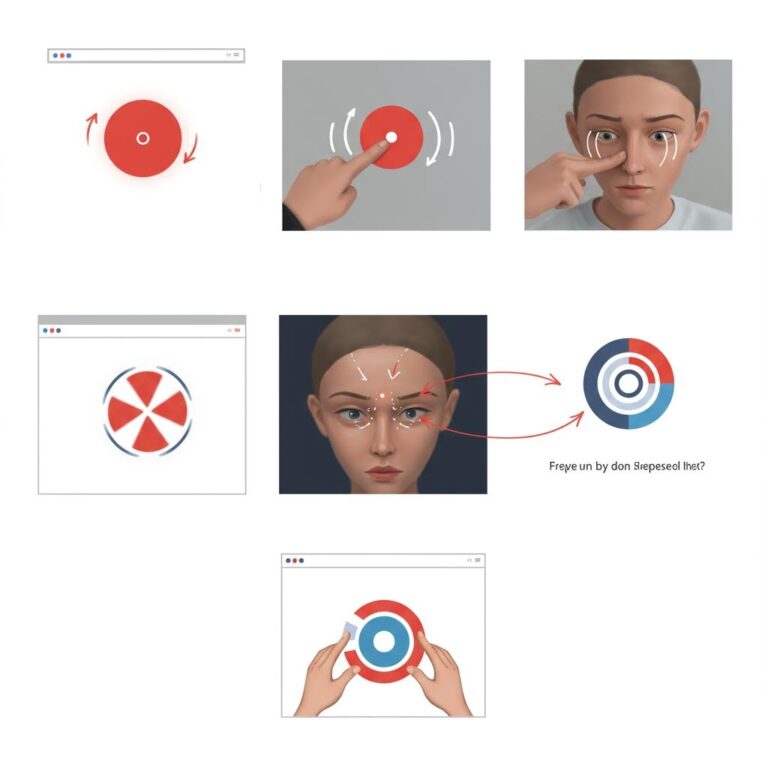
Key Poker Tips for New Players

How to Manage Your Money and Pick Stakes
Smart money management is key to doing well in poker. Start at low-stakes games and keep risk under 5% of your total money per game. This safe plan saves your cash while you learn.
Watching Your Rivals and Game Flow
Building good watching skills is a must. Look at your rivals’ betting ways, speed, and body acts. These signs give good clues about card strength and player habits. 공식 인증업체 목록
Choosing Hands Wisely
Smart folding sets winners apart from losers. Be careful with middle-pair hands when others bet big. Knowing when to fold bad hands stops losses and saves chips for better chances.
Math Basics
Know key poker math to make good choices. Focus on:
- Pot odds working out
- Counting outs
- Figuring expected values
- Checking implied odds
Keeping Emotions in Check and Avoiding Tilt
Staying calm is a must for long-term wins. Stop tilting after losing by:
- Having clear stop-loss rules
- Taking breaks after hard games
- Caring more about choices than results
- Being mindful with your money
Picking the Best Poker Stakes: A Smart Guide
Knowing the Best Start Stakes
Starting your poker life needs you to think well about stake choice and money management.
The best plan is to start at tiny or low-stakes games where you risk little money while learning main game steps. Micro-Wins for Long-Term
Money Rules to Follow
Use the 5% rule as a basic money rule – never risk more than 5% of your total money in one game.
For a $1,000 bankroll, this means no more than $50 per table. This safe plan guards against big changes and stops choices made by feelings.
Working Out Your Starting Money
Before playing any game, make sure you have 20 buy-ins ready for your chosen stake level.
For $0.25/$0.50 games, keep at least $1,000 just for poker. This amount guards you during bad times while giving space to learn.
Moving Up in Stakes
Move to bigger stakes only after you keep winning at your current one.
This careful plan for moving up in stakes helps you grow safe and cuts risk. Watch your game stats well before thinking of moving to bigger games.
Learning How to Fold in Poker
The Mind Work of Folding
Folding strong hands is one of the hard mind tests in poker.
Players often harm their money by sticking to the sunk cost trap – putting more into hands they have already put a lot into, even when they should give up. Vortex Vigil: Withstanding
Setting a Folding Plan
Have clear folding rules before any game.
When big bets come with so-so hands like middle pair, fold no matter how much you’ve put in the pot. Remember: chips in the pot aren’t yours anymore.
Reading Bets to Stay In
Watch how others play closely.
When quiet players get bold, think about folding even great hands.
Signs for Folding
- Sudden changes in how others bet
- Many raises from usually careful players
- Pot odds against card strength
- Game flow and where you sit
- What others usually do
Getting Better at Watching Rivals in Poker

Seeing Betting Ways and Acts
Winning poker players do great by watching rivals well, picking up key info from how they bet, body signs, and speed changes.
Seeing Betting Plans
Smart watching of how people bet gives important views. Those who often raise early usually play bold, while those with only great hands play safe.
Noticing Body Signs
Body acts are big clues in games. Watch for hand shakes, breathing changes, way they sit, and how they handle chips.
Building Profiles of Players
Systematic watching and study lead to detailed player profiles.
Staying Calm in Poker: A Pro Guide
The Big Part of Staying Steady
Staying calm makes the gap between players making money and those losing it.
Making a Calm Plan
Pro poker players keep a strict calm by not letting bad games change future choices.
Ways to Stop Tilt
- Set and stick to loss rules
- Take planned breaks when annoyed
- Think only about math-strong choices
- Watch for these tilt signs:
Getting Good at Key Poker Math
Basic Math for Winning at Poker
Being good at math is the base of every winning poker plan.
Key Chance Working Out
Working out draws and hand odds are basic poker math skills.
Big Math Ideas
Being an expert in usual poker math cases gives a big edge in play.





